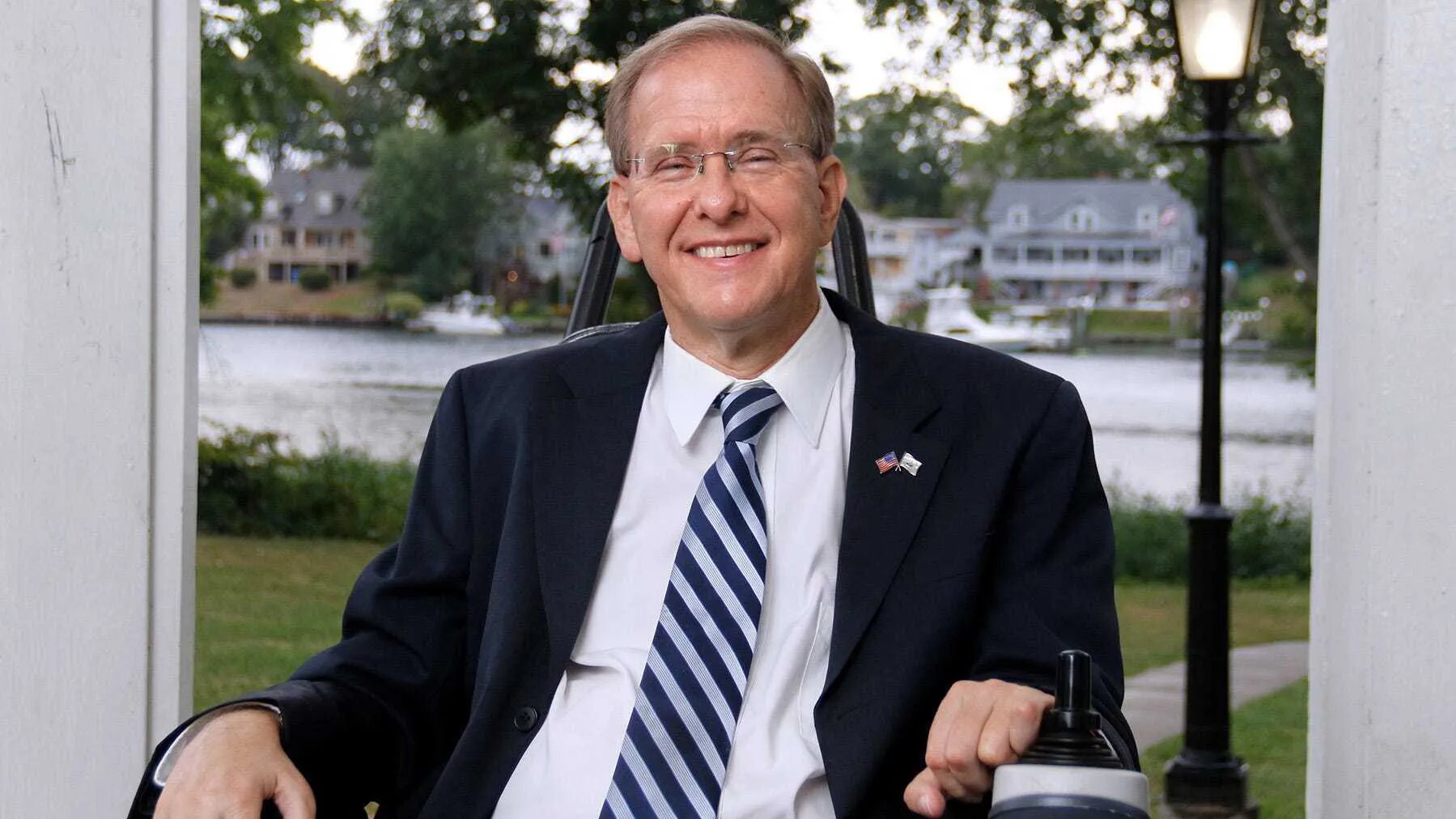Congressman Jim Langevin is retiring after 22 years in office. PHOTO CREDIT: The Providence Journal
After 22 years serving Rhode Island’s 2nd Congressional District in the House of Representatives, former Representative Jim Langevin still has plans in place to continue his longstanding commitment to public service.
Since retiring, Langevin has been serving as a senior advisor on the boards of various companies concerning national security issues. He is also excited to begin his tenure as visiting scholar at the University of Rhode Island, also serving in a similar capacity at Brown University.
“I’m very excited about being affiliated with the University of Rhode Island,” Langevin said. “It’s the state’s flagship school, and I’ve always been proud to represent URI as a member of Congress. Now that I’ve concluded my time [in office], I’m excited about being affiliated in this new role as visiting scholar.”
One event in particular that Langevin is looking forward to is a symposium in April focusing on the topic of cybersecurity, an issue the former Congressman was passionate about during his time in office, whether it was helping to create the Congressional Cybersecurity Caucus, or chairing the House Armed Services subcommittee on cyber innovative technologies and information systems.
“It’s going to be an exciting opportunity to interact with the students and faculty at URI,” Langevin said. “I’m looking forward to that engagement.”
Further details on the event include a speaker from the military coming in to explain how the United States conducts offensive cyber operations, known as “defending forward.” Another topic that will be discussed is cyber diplomacy, and the idea of working together with allies around the world, and create a system where enemies would have to, as Langevin wisely put it, “defeat all of us to defeat one of us.”
“I’ve come to understand that [cybersecurity] is the economic and national security challenge of our time,” Langevin said. “We continue to have a lot of work to do to better protect the country in cyberspace… but there’s still a lot of work to do. It’s going to be an opportunity to focus not only on the issue but then also what we have as challenges to try and fix and address the challenges of better cybersecurity.”
Langevin also talked about what knowledge he hopes to pass down through his position as visiting scholar to URI students who are interested in the field of politics.
“Part of me being at URI and talking to students is to draw on those experiences I’ve had over the last 22 years, and try to share those experiences,” Langevin said. “Both to give the students a better sense of what it’s like to be a member of Congress, and what the policy-making process is like, but also to encourage those who might be inclined to go into government, or to run for political office, and to think about a career in those fields.”
He went on to say how students and young adults passionate about this field of study can run for local office and that it starts with being involved in the community. Lanvegin himself has experience in running for local office and using the experience to help his political career further down the line.
“It can mean volunteering for different organizations in your community, or getting to know your neighbors in your neighborhood,” Langevin said.
In 1984, Langevin was elected as a delegate to Rhode Island’s Constitutional Convention, where he helped to redraft the entire state constitution. A couple years later, Langevin was elected to the Rhode Island General Assembly as a state representative, where he served for six years. In 1994, he served another six years, this time as Rhode Island Secretary of State, before running for and being elected to Congress in 2000.
“Each step along the way it progressively better prepared me for the next step,” Langevin said, “to take on tougher and tougher and more challenging issues, and then to be able to effectively deliver for the people who voted for me.”
But one lesson was crucial to Langevin’s political career, and one he recommends to those interested in running for local office.
“What it taught me over the years was to be a good listener,” Langevin said. “A lot of people don’t expect you to solve their problems overnight, but they do want to be heard. Being able to reflect the views, values, the concerns of your constituents and working on them, day in and day out, to try and make people’s lives better. That’s an essential part of the job.”

